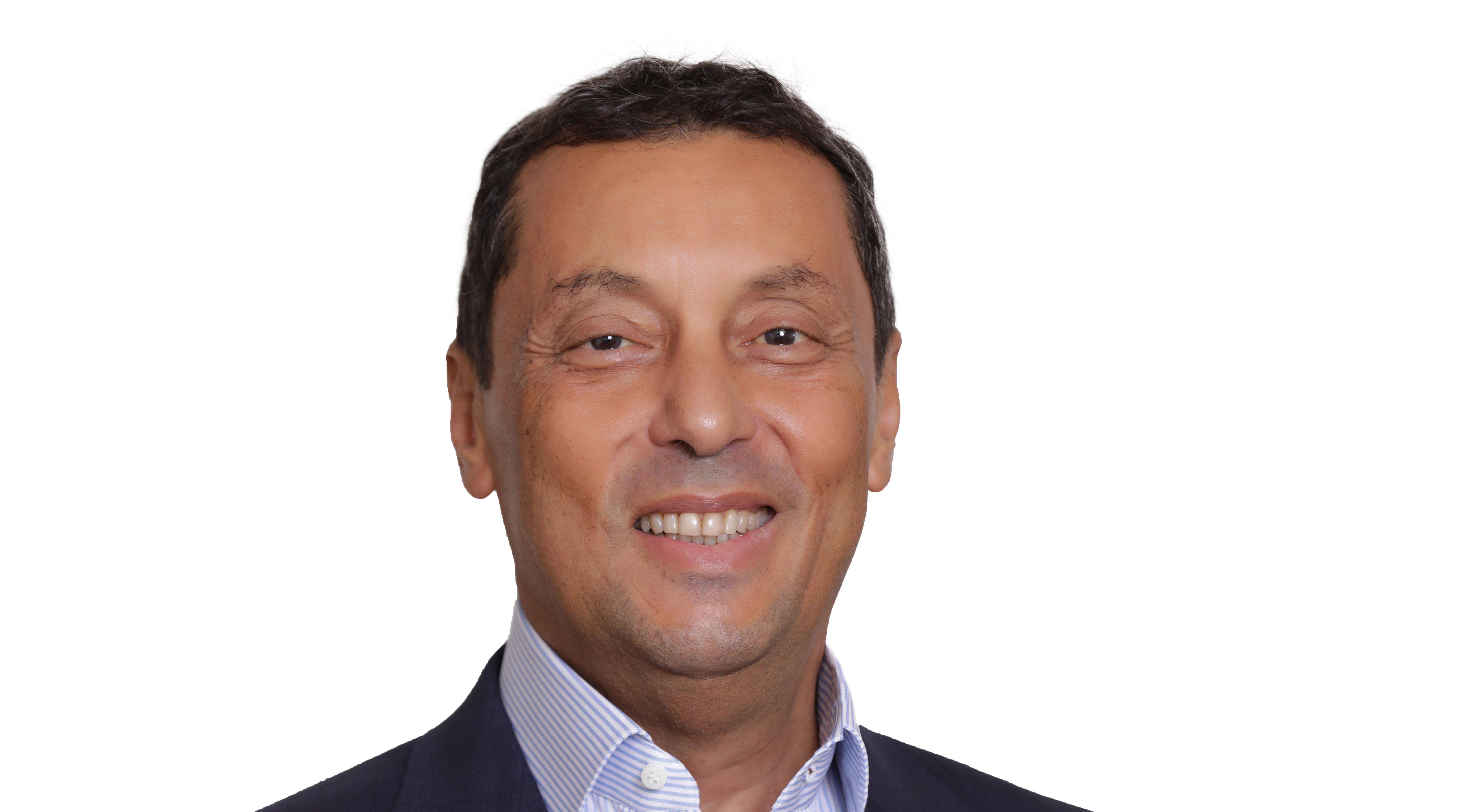
- Executive Chairman and CEO, Hikma Pharmaceuticals PLC (Pharmaceuticals)
“I want to invest in every country I work in. If you look at Hikma’s footprint, we have manufacturing in almost every country we serve. This is by design.”
Summary
Said Darwazah is the Executive Chairman and CEO of Hikma Pharmaceuticals PLC, a leading multinational pharmaceutical group listed on the London Stock Exchange (LSE) with over 8,000 employees around the world. He also serves as chairman of the board for non-profit organizations such as the Queen Rania Foundation for Education and Development, in addition to chairing government-owned companies that include Royal Jordanian Airlines. Mr. Darwazah begins the interview by discussing the origins of Hikma, established in Amman, Jordan in 1978 by his father Samih Darwazah. Starting with branded and under-license pharmaceuticals, Hikma worked closely with the Jordanian Ministry of Health to register and promote their products to local physicians, a process they would repeat through successive expansions first in the Middle East and later in European and U.S. markets.
Throughout the company’s growth, Mr. Darwazah maintains that “quality has been the first and main driver of Hikma,” allowing them to compete with established Western pharmaceutical multinationals. To prove their commitment to high quality, he explains how Hikma started submitting applications for approval by the United States Food and Drug Administration (FDA) of their pharmaceutical manufacturing facilities in the 1980’s, only a few years after the company was founded. While FDA approvals posed financial costs at the beginning, he argues that these helped Hikma expand at an accelerated rate in the developed markets of North America and Europe. As Hikma grew their presence in such markets, they began to acquire companies that included West-Ward Pharmaceuticals, an American generic prescription medication provider. Mr. Darwazah outlines the learning curve he faced in order to complete this initial acquisition in 1991, especially given political instability in the Middle East resulting from the Gulf War, as well as a prevalence of fraud scandals at several U.S. generic drug companies at the time. He details the challenges associated with finding the appropriate size of company to acquire, and notes how fundamental it was to not “even come close to a company that had any sort of issues with fraud.”
Regarding the responsibilities of business to society, Mr. Darwazah speaks about his role as former Minister of Health in Jordan between 2003 and 2006. He describes his service in government as an honor and an “eye-opening experience” that tested his leadership abilities. As he explains, “when you work at your own company, you recruit the people you want. When you’re thrown into government, you’re given a team […] That’s when you find out if you’re a good leader or not.” After leaving his position as a public official, Mr. Darwazah outlines how he has retained an active role with public initiatives in an effort to serve as an example for Jordanian youth.
Mr. Darwazah discusses Hikma’s transition from a family-owned business into a public company. He emphasizes how “going public [ensures] continuity,” arguing that companies which remain private after several generations often run into problems stemming from family disagreements that hinder opportunities for growth. In addition to ensuring that leaders are chosen based on their qualifications rather than family ties, Mr. Darwazah distinguishes between family members that work at Hikma and those who have solely remained shareholders. While all receive their dividends, he underscores how only those who join Hikma in the same way as any other employee can influence the company’s management.
To conclude the interview, Mr. Darwazah argues that effective, local leadership has allowed for Hikma to adapt its business strategies for every new market they have moved into. He describes the company’s practice of hiring locals rather than relying on ex-pats, given how “they understand the markets much better than we do.” Such investment in local talent, as Mr. Darwazah explains, has allowed for the company to weather external challenges caused by regional political crises extending from the Gulf War to the Arab Spring, and most recently the health crisis caused by the COVID-19 pandemic.
Video Clips by Topic
Government & Business
Said Darwazah, Executive Chairman and CEO of Hikma Pharmaceuticals PLC, describes the leadership skills he learned during his tenure as Minister of Health in Jordan between 2003 and 2006.
Family Business
Said Darwazah, Executive Chairman and CEO of Hikma Pharmaceuticals PLC, argues that transitioning to a publicly held company ensures the continuity of a previously family-owned business.
Global Expansion
Said Darwazah, Executive Chairman and CEO of Hikma Pharmaceuticals PLC, speaks about the importance of hiring local employees to help lead the company’s expansions into new markets, particularly in the context of political crises such as the Arab Spring or health crises such as the COVID-19 pandemic.
Additional Resources
- "Hikma Pharmaceuticals Main Website."
- Khalid Dalal. "Hikma’s success story: how to revive industry." Jordan News, 15 October, 2022.
- Lynn Paine, Suraj Srinivasan & Gamze Yucaoglu. "Hikma Pharmaceuticals Governance Journey." Harvard Business School Case 318-108, February 2018.
- Said Darwazah, Andreas Jacobs, Arjen Radder, Tarek Sultan & Peter Zemsky. "GBLC AD 2015-CEO Roundtable: How do companies in mature industries innovate to remain competitive" INSEAD, 2015.
Interview Citation Format
Interview with Said Darwazah, interviewed by Suraj Srinivasan, Amman, Jordan and Boston, MA, USA, 29 June 2022. Creating Emerging Markets Oral History Collection, Baker Library Special Collections, Harvard Business School. https://www.hbs.edu/creating-emerging-markets/Pages/default.aspx.
